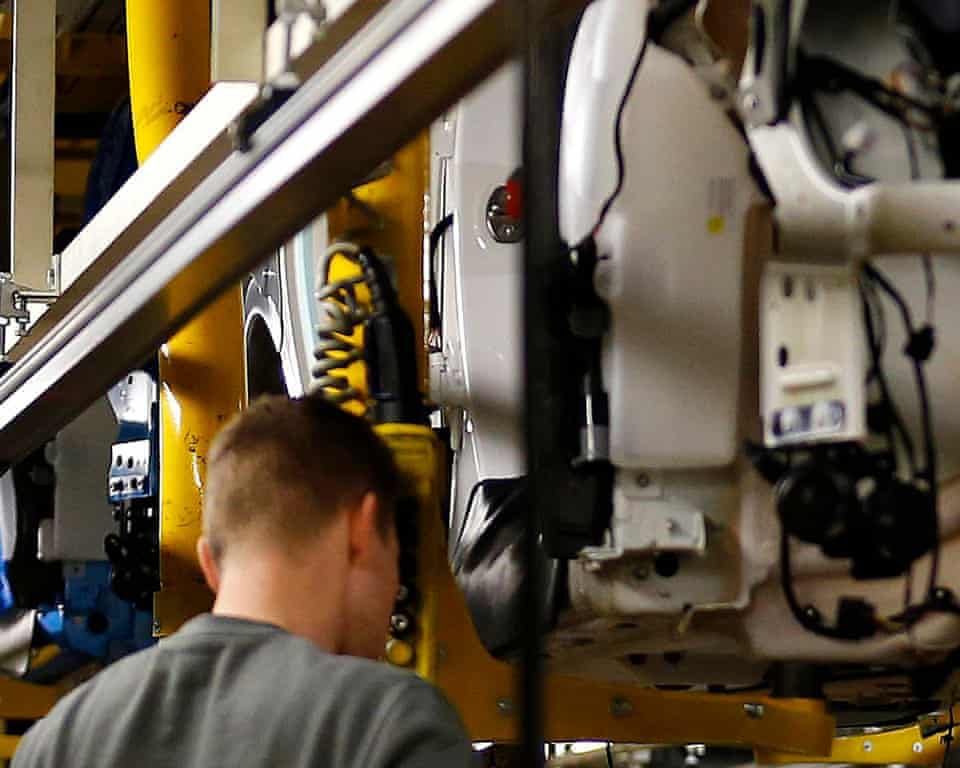The UK government has announced a £275 million investment in technical training and apprenticeships, positioning it as the centrepiece of its long-awaited industrial strategy. The move is seen as a direct response to Nigel Farage’s growing influence in England’s manufacturing regions, especially in traditional Labour strongholds.
The package, unveiled by Business Secretary Jonathan Reynolds on Sunday, will fund the establishment of new Technical Excellence Colleges, short courses in artificial intelligence (AI) and digital manufacturing, and significant capital upgrades for training providers across England. The investment is designed to address critical skills shortages in sectors such as engineering, defence, battery production, and advanced manufacturing.
Government officials said the initiative aims to reduce reliance on foreign labour by building a strong domestic skills pipeline. The strategy is seen as a political counterweight to Reform UK’s narrative of national decline and promises to restore manufacturing strength in Britain’s industrial heartlands.
While the £275m commitment falls short of a comprehensive industrial support package—offering no direct subsidies or changes to energy costs for heavy industry, it is being presented as the first major step in a broader 10-year economic growth plan. The full industrial strategy, expected later this week, will also feature a new trade strategy focused on boosting exports, strengthening supply chains, and improving the UK’s global business connectivity.
“Our modern industrial strategy will be powered by investing in British people,” said Reynolds. “It will transform our skills system, end our overreliance on foreign labour, and ensure British workers can access well-paid jobs in the industries of the future.”
The announcement comes as Reform UK steps up efforts to attract disaffected Labour voters in post-industrial constituencies, with Farage promising to revive British manufacturing and tighten immigration rules.
Labour’s broader plan for change has been delayed for months, as ministers grappled with how best to revive economic confidence in regions impacted by automation, outsourcing, and years of underinvestment. The timing of the new strategy appears aimed at launching a policy-driven counteroffensive in the so-called Red Wall, where Reform UK has gained traction in recent polls.
The £275m skills package responds to a growing crisis in education and employment. One in seven young people in the UK is currently not in education or work, and the number of apprenticeships has dropped by nearly 20% since 2016.
Education Secretary, Bridget Phillipson, described the strategy as both an economic and social reset. She said: “Skills are at the heart of this strategy because they are essential to breaking the link between background and opportunity.”
This new initiative builds on previous announcements, including a £187 million AI training fund revealed during London Tech Week, and a £3 billion apprenticeship fund aimed at creating 120,000 training places in healthcare, construction, and skilled trades such as carpentry.
Despite the ambitious messaging, the scale of new funding, approximately £275m over four years, with £200m earmarked for infrastructure and course delivery, has raised questions. Industry leaders and trade unions are expected to push for deeper reforms, particularly to the apprenticeship levy, the immigration skills charge, and energy costs affecting UK manufacturing.



